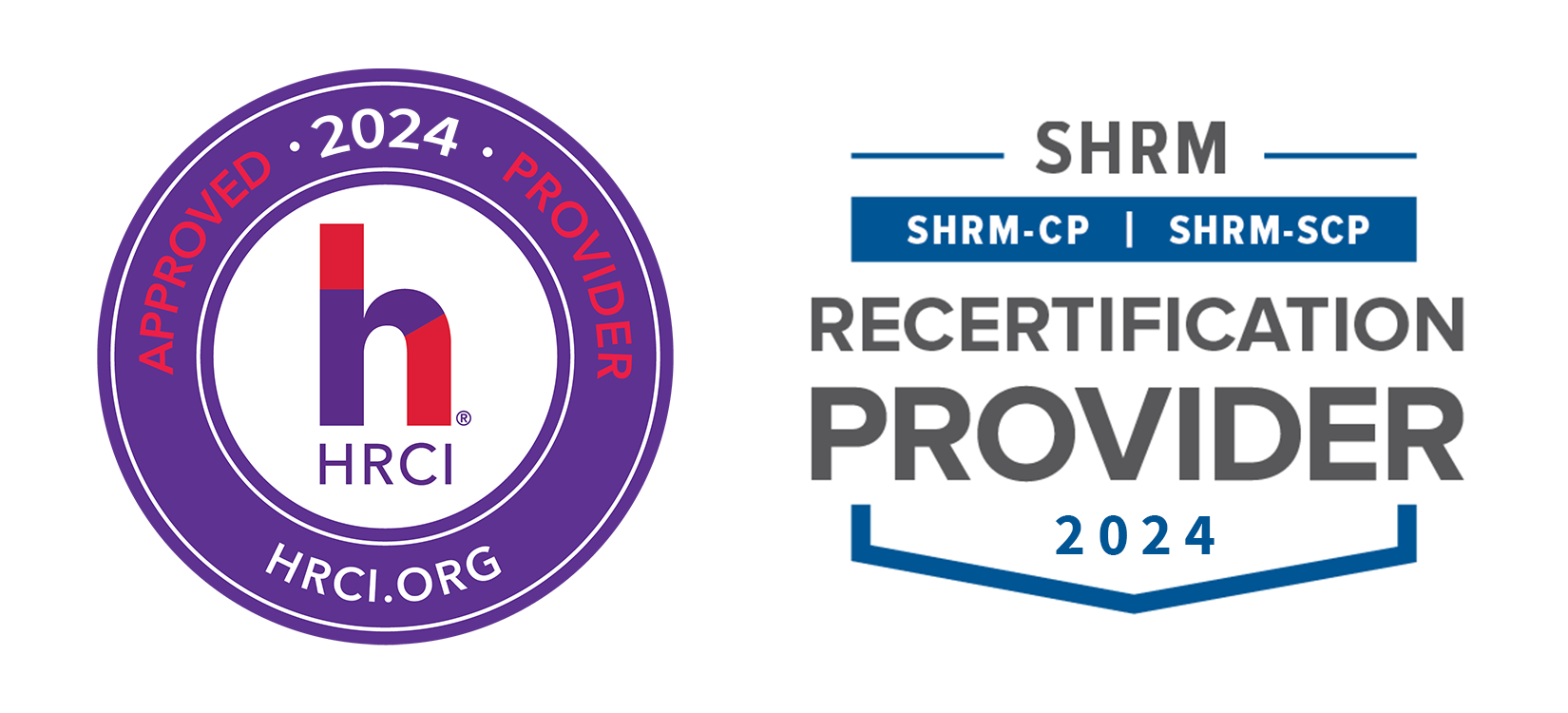 |
View our Training Brochure flipbook or download the PDF file. |
|
If reasonable accommodation is needed to participate in training, please contact TrainingandEvents@EmployersCouncil.org to make arrangements in advance, preferably no later than one month prior to your scheduled training program.
Our Training
Training is critical to developing a competent and high performing workforce and cultivating an exceptional workplace. Investing in your employees not only helps your organization thrive, it also increases employee engagement, satisfaction, and retention.
Employers Council offers a broad range of innovative training options to help your organization develop your employees. Employees can select classes from our catalog of offerings or contact us to learn more about tailoring our training programs for private group training designed to meet your specific business needs and priorities.
Our team of trainers offer highly interactive, engaging, and innovative learning experiences that help make sense of the most complex employment law and workplace matters by sharing relevant examples, applicable guidance, strategies, and best practice techniques.
While our training is available to all, as a member of Employers Council, you will receive special member pricing on all our classes and events, so it pays to be a member!
Human Resources Topics Include
- Interviewing and Hiring
- Recruiting strategies
- Compensation & Benefits
Leadership Topics Include
- Leading Teams
- Emotional Intelligence
- Supervision Skills
- The Transition into Leadership
